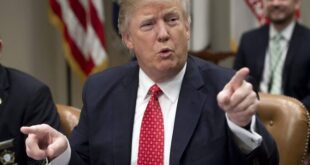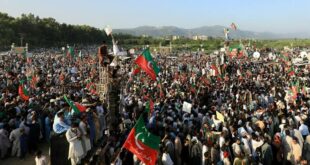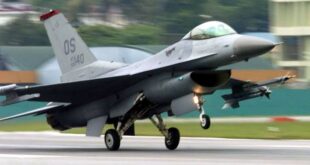
The federal government has changed the date for holding the All Parties Conference (APC) and now fixed February 9 the new date as it was earlier February 7, Information Minister Marriyum Aurangzeb said yesterday. However the minister made no mention of the reasons for changing the APC date. Marriyum Aurangzeb tweeted that the conference will cover other issues facing the government, in addition to a coordinated plan to tackle terrorism. Official sources confirmed that the National Action Plan (NAP) will be examined and reviewed in the APC meeting. According to the sources, top military leadership has also been invited to the APC, who would take politicians into confidence on the background of the rising wave of terrorism in the country. Meanwhile, the senior leadership of opposition Pakistan Tehreek-e-Insaf (PTI) gave divergent views on the issue of participation in the multi-party conference convened by Prime Minister Shehbaz Sharif to tackle the resurgence of terrorism in the country. One party leader said that the PTI would take a final decision about participation in the all-parties conference (APC) after it received a formal invitation.
While the other said, the party had got an invitation from a senior leader of the ruling coalition but this was not the proper way to invite them to the event. PTI leader and former information minister Fawad Chaudhry in a statement said that they came to know through media about the PM Shehbaz’s invitation to the PTI, pertaining to the participation in the APC. He stated that the PTI did not receive any formal invitation in this regard.
He added that PTI would consult regarding its participation in the conference once it received a formal invitation. Reacting to the government’s invitation, PTI leader and former speaker National Assembly Asad Qaiser said that the government representative and federal minister Ayaz Sadiq had invited him, the other day, to participate in the APC over phone. “I think this is not a proper way because there was a devised procedure when you extend an invitation.”
Qaiser said the PTI believed that there was a dire need for unity at a time when the country was suffering from a serious financial crisis and facing a new wave of terrorism. However, he said that the federal government’s behaviour was unconstitutional, which was the main stumbling block in creating an environment of unity.
He said that the Constitution has almost been held in abeyance and the ruling coalition in the center was taking unconstitutional steps in many ways. He made it clear that if the government was really serious in dealing with mounting problems, it would have to change its attitude and had to demonstrate maturity to pull the country out of the prevailing quagmire. Qaiser went on to say that the PTI while in power had countered terrorism in the country through a better strategy and established peace.
 Pride News Daily NEWS
Pride News Daily NEWS





